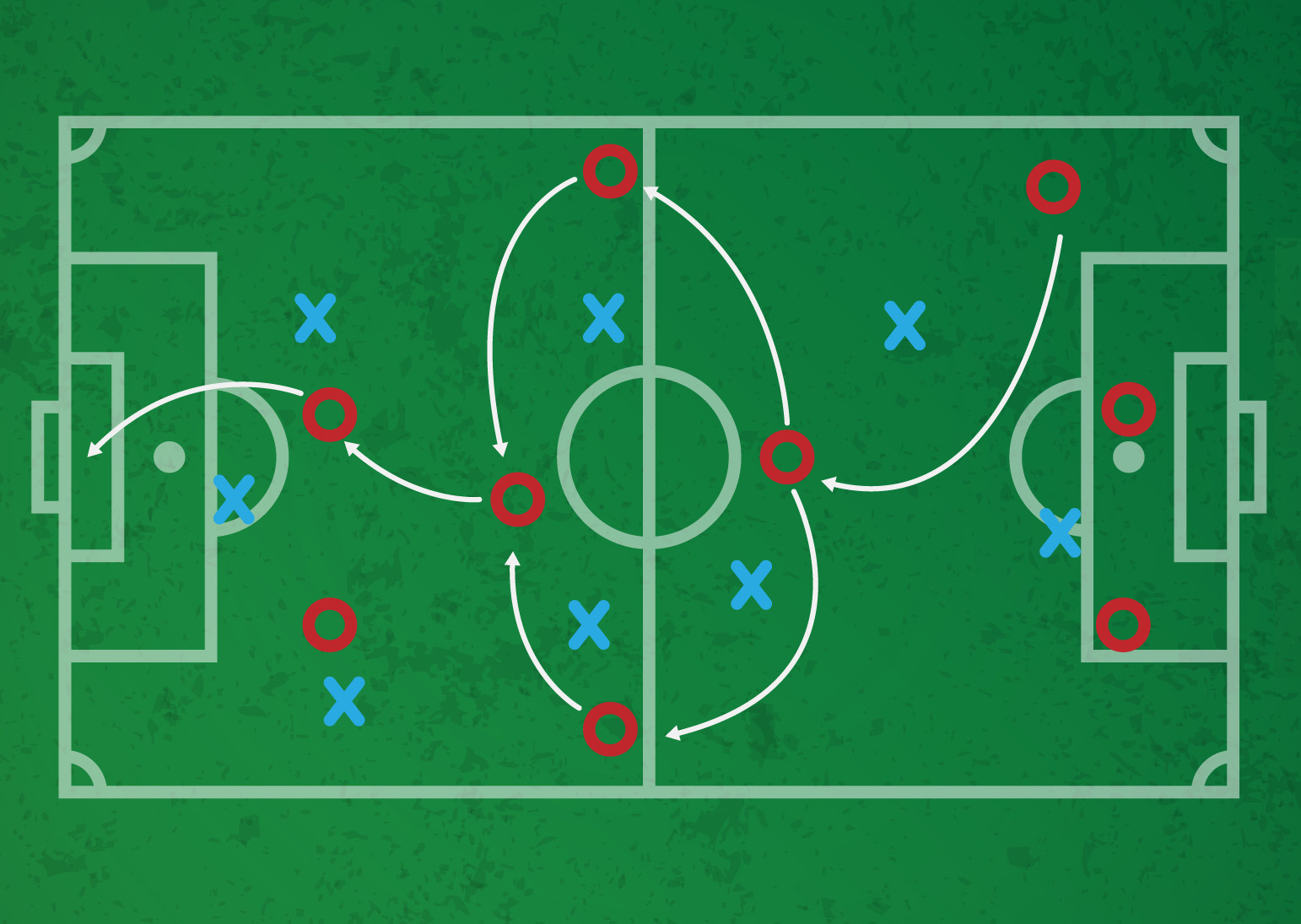![]()
Last weekend I was at a college football game with a good friend of mine. She and I went to rival schools – when it comes to football at least – and both root enthusiastically for our team. We’ve started a tradition, trading venues and home fields, but mostly just use the annual rivalry game as a chance for a fun girlfriend’s weekend. I am often asked how we can go to the games together and not get mad. For both of us, it’s the friendship that is at the core. We both like to see our teams win, but at the end of the day it’s still a game. For the past several years, my team has been REALLY good, and hers not so much. I’ve enjoyed the glory days, walking through the opponent’s tailgate parties wearing my team gear with just a little bit of swagger. This year, my team is REALLY bad, and my friend’s is pretty average.
A couple of incidents at the game reminded me of the importance of sportsmanship. One young man kept passing by the aisle, and stopped each time in front of me (I was wearing my team’s colors) and made a sarcastic remark about how badly my team was losing. And, in perhaps a typical display of behavior at a college game, one young woman – who probably had a little too much tailgating – kept screaming at the top of her lungs against the home team. She was soon escorted out of the stadium.
But, more often than not, you see positive displays of sportsmanship, on the field and in the stands. A player helping an opposing player up, a stranger holding a toddler so a mom can take a break, spectators passing a $5 bill down the aisle to one end and passing back the bag of peanuts bought from the vendor at the other.
We’ve all seen what “being a sore loser” looks like. Somebody who can’t handle defeat, doesn’t show respect for the competition, takes no responsibility for a loss. And, we’ve also seen those who gloat, the showboaters, braggarts and others who are not what we’d call “graceful winners”. But what about those displays of humility, acceptance, all out commitment and grace? Is that what sportsmanship looks like? Sportsmanship has been defined by some as an “aspiration” that includes respect for your opponent, the will to win, equity and fairness. All four elements are essential and there needs to be a balance for true sportsmanship to happen. Think about the athlete with the will to win – against all costs – who throws equity and fairness out the door.
There are lessons to be learned for all of us in the doctrines of sportsmanship. Sports mirror society, and the codes of acceptable behavior in athletic competition can be applied to our professional and personal interactions. The enduring qualities of knowing the rules, accepting the outcome and pursuing excellence are not just limited to athletics. “Sportsmanship is playing according to the spirit of the game and pursuing victory in an honorable fashion.” Knowing how to be a graceful loser and a good winner is something all of us should learn how to do since undoubtedly we will be on both sides of the equation.
Having the will to win can make the difference between victory and defeat. It’s the mental toughness to overcome physical limits, to go the extra mile (sometimes literally), to extend your capacity to the maximum. Confucius described it this way: The will to win, the desire to succeed, the urge to reach your full potential… these are the keys that will unlock the door to personal excellence. So, it’s not about being an athlete. It’s about setting a goal, perseverance and commitment to fulfilling what you set out to do.
Equity and fairness are clearly linked both in sports and in life. Equity can be looked at as a sense of justice and the freedom from favoritism. Fairness can be viewed as freedom from bias and treating people equally or in a way that is right and reasonable. Of course, we all view equity and fairness through our own lens and conflict happens when we see things differently. Just think of how many times we have said (or heard others say )”It’s not fair” when things weren’t going our way.
The ingredients of sportsmanship – treating others with respect, giving it your all and playing fair – are values that we can all seek to achieve – on and off the field.
Claudia Keith is part of the GovLoop Featured Blogger program, where we feature blog posts by government voices from all across the country (and world!). To see more Featured Blogger posts, click here.





Great piece! Thanks so much for sharing this valuable perspective.